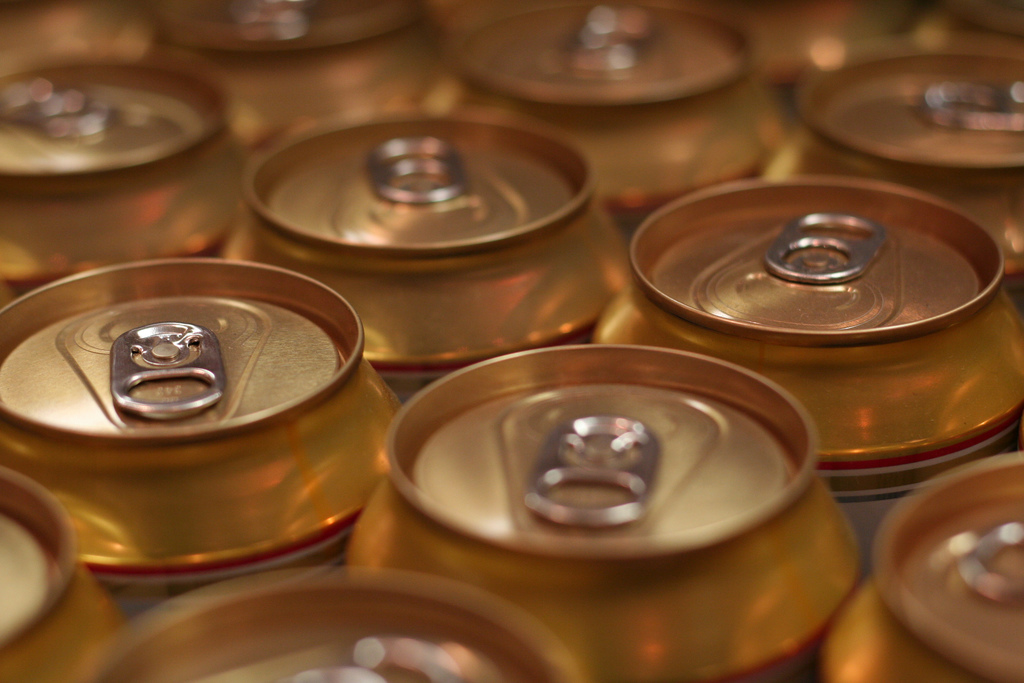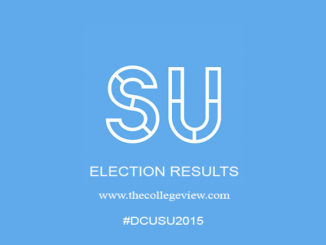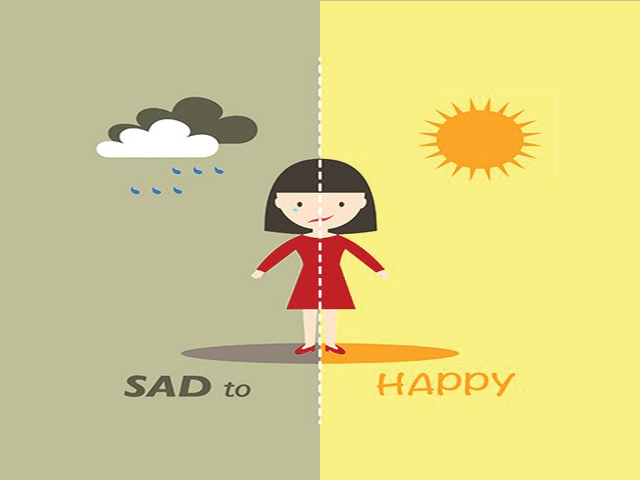
Would payment in booze rather than money for a day’s work seem like a dream come true, or be the trigger for a hedonistic nightmare? A new scheme recently launched in Amsterdam seems to promote the idea, as a group of street-sweepers in Oosterpark aren’t doing the job for cash, but to fuel their drinking habits.
The state-funded Rainbow Foundation decided to set up a scheme paying chronic alcoholics beer, tobacco and a small fee to sweep the streets after a number of addicts were causing a nuisance in the district.
They decided to test the plan after noticing the disorderly behaviour of a group of chronic alcoholics in Amsterdam’s Oosterpark. The project gives roughly 20 alcoholics the chance to give structure to their days, with a typical working day spanning from 9am to 3.30pm, with a hot meal included.
Gerrie Holterman, who runs the project, said: “Everyone benefits. They’re no longer in the park, they drink less, they eat better and they have something to keep them busy during the day.”
While the addicts employed by the Dutch scheme are alcoholics, most of them also have no permanent home and admit that they would not participate if alcohol was not part of the deal.
One of the addicts admitted that the €10 salary is quickly exchanged for alcohol once the working day has ended, and that they drink the same quantity as they normally would, although the beer given is five per cent rather than the 11 or 12 per cent they would normally drink. Another addict, a former banker, said the job was satisfying and that drinking was becoming a lower priority because of it.
The unusual move has been considered an example of Dutch pragmatism, originating in a city that has already set a successful example in legalising marijuana and prostitution; a cultural norm that seems so bizarre, yet attracts millions of tourists each year.
The fact that Ireland has a strong drinking culture and high alcoholism raises the question of such a project working on our shores.
A spokesperson for Focus Ireland, an organisation aiming to provide financial aid to those at risk of homelessness, said: “Most of the people that come here are primarily concerned on having somewhere to stay. Sure, a lot of them may be alcoholics, but probably only due to their current circumstances, as a way to escape reality.
“Ireland doesn’t have the same relaxed environment when it comes to narcotics in the Netherlands, so I don’t think it could work. Organisations that help the homeless in this country are more concerned with providing housing, I think it would only fuel the drinking problems we encounter.”
A further obstacle to a similar project in Ireland would be the extensive work involved in maintaining guidelines for candidates who would like to join, as it could see a surge of unemployed and functional alcoholics applying.
However, if a similar project were enacted here it may offer a solution to begging. Anti-begging laws specifically targeting locations such as ATM’s and shop entrances were quashed earlier this year to try and handle the issue. While the combined benefits of food, a small fee, alcohol and tobacco could see a significant decrease in complaints from the public about beggars, the risk associated with providing alcohol to addicts could see an increase in anti-social behaviour and ambulance call-outs.
As for alcoholic homeowners, the system employed in the Netherlands would be expected to fail in Ireland. A reformed alcoholic, who has been sober for two years and is still an active member of Alcoholics Anonymous, said: “That system would be completely abused over here and wouldn’t lead to any money-making, which is half the reason so many people drink excessively in the first place.
‘I can guarantee any kind of payment on top of what those people are given would soon turn into drink as well. It honestly sounds as though they’re being coerced into doing something nobody else wants to do, and their desperation for drink acts as a sort of bribe, so you could say they themselves are being used and abused.’
“You also have to remember some of these people have dependent families and need financial support from their alcoholic fathers, husbands, etc. They want them to beat their problems, stop spending their money on drink and seek help rather than get paid in beers. You can’t buy your weekly shopping with crates of Miller.”
Despite the supposed success of the program in Amsterdam so far, critics have condemned the scheme for providing alcoholics with their vice rather than assisting in their cessation. While the program has given them provided structure, there has still been scepticism as to whether it benefits the alcoholics in the long-term.
Cal McGhee
Image credit: Flickr via Creative Commons




Leave a Reply